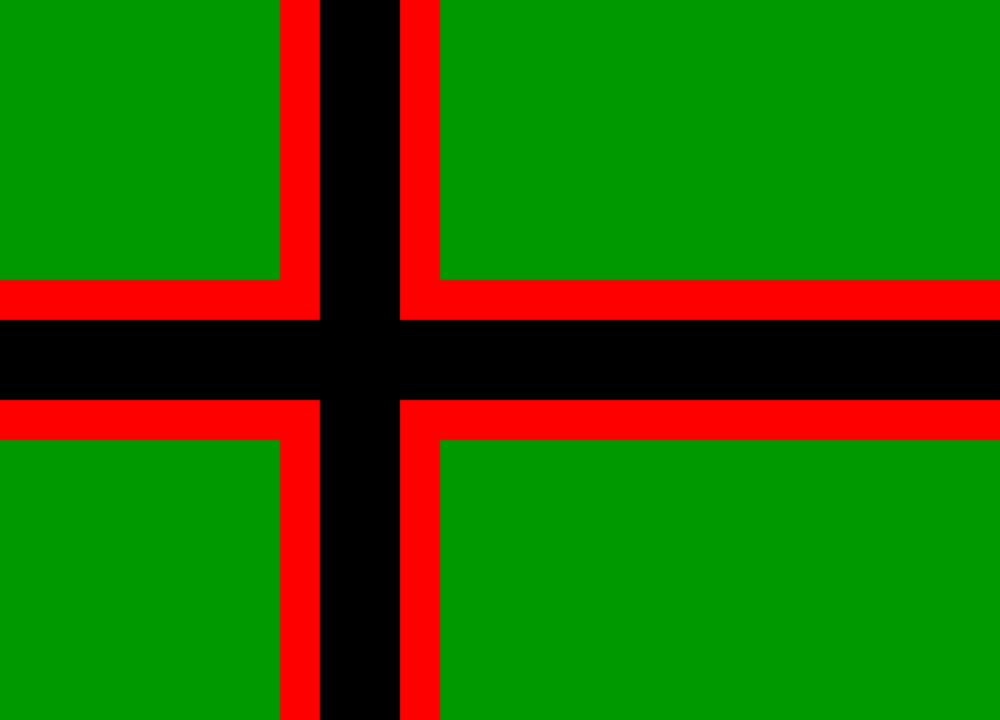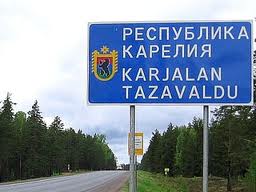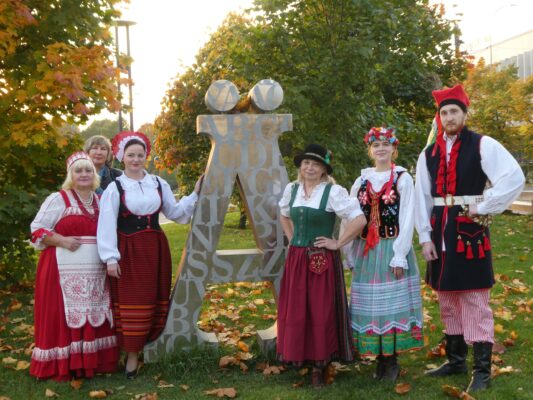Karelian Electoral Commission refuses to use Karelian and Veps languages
On the eve of the presidential elections in the Russian Federation on 19 March, the initiative group ‘Karelian language to be given official status’ wrote an open letter to the local electoral commission proposing that the ballot papers be in Karelian and Veps.

The Electoral Commission has now responded by refusing to print the ballot papers in indigenous languages because there have been no changes in legislation since last time.
In fact, the initiative group has approached the electoral commission with a similar proposal in the past, to which it has been replied that all Karelians speak Russian, so why else do we need ballot papers in Karelian. It has also been pointed out that there is no list of territories in Karelia where Karelians and Veps live compactly. However, the initiative group itself has repeatedly pointed out that the relevant list exists in the Karelian Ministry of National Policy. Now, however, these facts are no longer referred to.

In its post, the initiative group refers to the right of indigenous peoples to use their mother tongue despite the fact that Karelians speak Russian. The requirements of federal electoral legislation allow the use of the mother tongues of the peoples of the Russian Federation on ballot papers. The Karelian electoral law, however, contradicts federal legislation in this respect. In case of contradictions, federal legislation should prevail, say members of the initiative group. Since neither the prosecutor’s office nor, for example, officially registered Karelian national organisations have demanded that the Karelian Electoral Commission comply with the law, the electoral commission has so far rejected the language activists’ proposal.
The Republic of Karelia is the only ethnic republic in the Russian Federation whose namesake language has neither official nor state language status. The most common objection has been that Karelian is written in the Latin alphabet. The laws of the Russian Federation insist that state languages must be written in Cyrillic.




